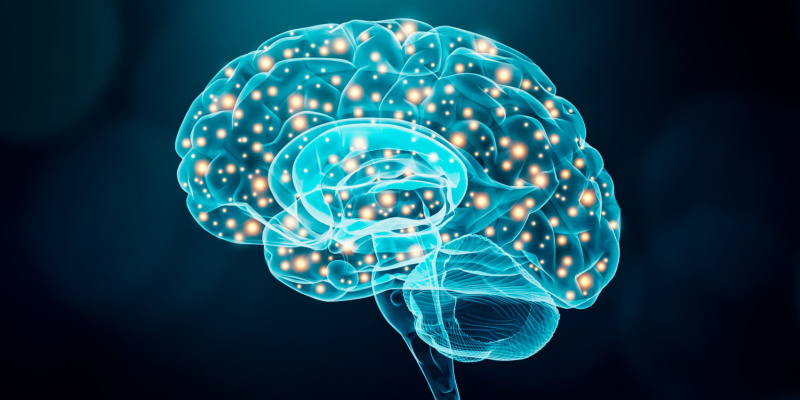
**Influential Psychologists: Carl Jung, Sigmund Freud, and Abraham Maslow**
The domain of psychology has been profoundly influenced by the groundbreaking contributions of several psychologists. Notably, Carl Jung, Sigmund Freud, and Abraham Maslow stand out, each providing distinct theories that have significantly enhanced our comprehension of the mind and human behavior.
**Sigmund Freud**
Born in May 1856 in Austria, Sigmund Freud was a neurologist whose theories revolved around the conscious and unconscious mind, psychosexual development, dream analysis, and psychoanalytic theory. Freud’s conceptualization of the mind consisted of three distinct parts: the id, ego, and superego. The id represents inherent desires, fueled by human impulses; the superego regulates societal standards and ethics; and the ego functions as a negotiator, striving to reconcile the two. Freud theorized that anxiety and detrimental behaviors arise from an imbalance among these components.
Freud’s theory of psychosexual development, despite being contentious, proposed that adult personality is influenced by early childhood stages concentrated on specific erogenous zones: oral, anal, phallic, latency, and genital. He asserted that unaddressed conflicts during these phases could result in mental health challenges later in life.
In his work “The Interpretation of Dreams,” Freud contended that dreams serve as a manifestation of the unconscious mind, acting as a portal for hidden desires. He presented techniques like condensation and displacement to interpret the symbolic nature of dreams.
His psychoanalytic theory stressed the impact of childhood experiences on adult personality, especially trauma. This led to the establishment of psychoanalysis, a therapeutic method aimed at treating mental disorders by revealing concealed emotions.
Freud also examined defense mechanisms, tactics the ego employs to mitigate anxiety stemming from id-superego conflicts, and brought forth the concept of libido, describing it as a life force that drives mental activities.
**Abraham Maslow**
In 1943, Abraham Maslow presented his famous theory, *Maslow’s Hierarchy of Needs*. This model illustrates human motivation as a pyramid with five tiers, where lower-level needs must be satisfied prior to pursuing higher-level ambitions. The hierarchy starts with physiological needs (food, shelter, etc.), followed by safety needs, love and belonging, esteem needs, and ultimately, self-actualization—the achievement of one’s potential.
Maslow’s hierarchy emphasizes that while fundamental needs must be addressed first, the pursuit of self-actualization—realizing personal growth and one’s potential—is individualized for each person. Although many individuals may experience “peak experiences” of self-actualization, few fully attain it.
This framework highlights the intricacies of human motivation, with subsequent adjustments including cognitive, aesthetic, and transcendence needs, providing a thorough perspective on human aspirations.
**References**
– Cherry, Kendra. “Life and Death Instincts Are Opposing Urges.” Verywell Mind, Verywell Mind, 22 Apr. 2024, www.verywellmind.com/life-and-death-instincts-2795847.
– Freud, Sigmund, et al. “Sigmund Freud: Theories and Influence on Psychology.” Verywell Mind, 18 July 2024, https://www.verywellmind.com/sigmund-freud-his-life-work-and-theories-2795860.
– Guerin, W. L., et al. A Handbook of Critical Approaches to Literature (3rd ed.). New York: Oxford University Press.
– Jay, Martin Evan. “Sigmund Freud | Biography, Theories, Psychology, Books, Works, & Facts.” Britannica, 12 February 2025, https://www.britannica.com/biography/Sigmund-Freud.
– McLeod, Saul. “Maslow’s Hierarchy of Needs.” Simply Psychology, 24 January 2024, https://www.simplypsychology.org/maslow.html.
– Traylor, Jessica, et al. “Psychodynamic Theory: Freud – Individual and Family Development, Health, and Well-being.” Iowa State University Digital Press.
These psychologists have made lasting impressions on the field of psychology, providing insights that continue to motivate deeper investigation into the realms of human consciousness and behavior.